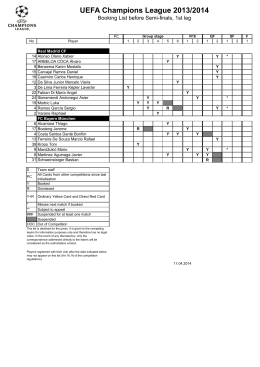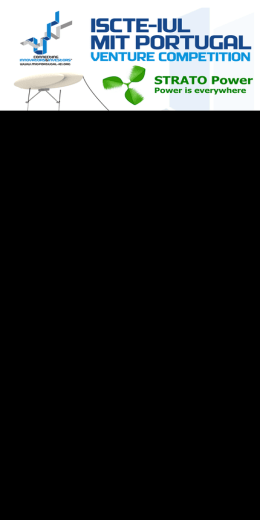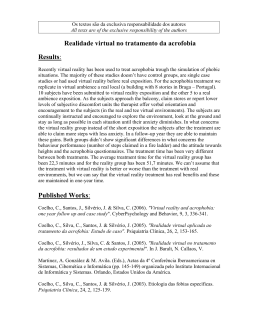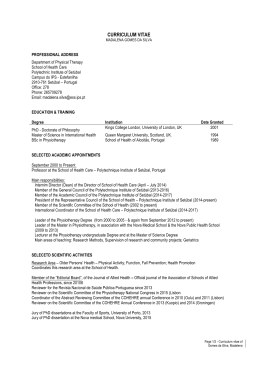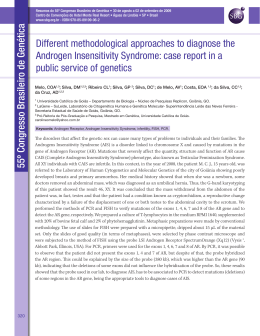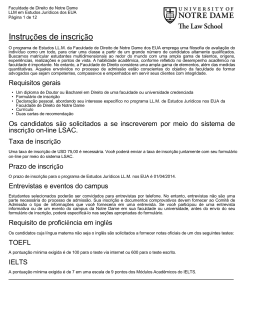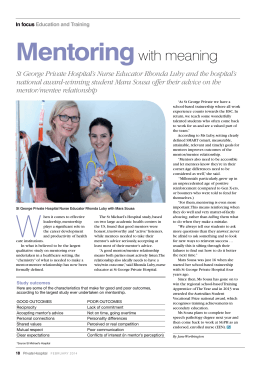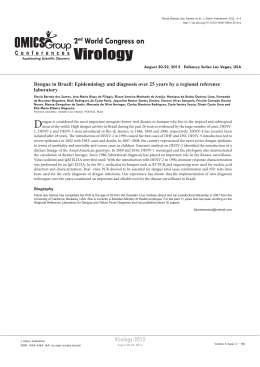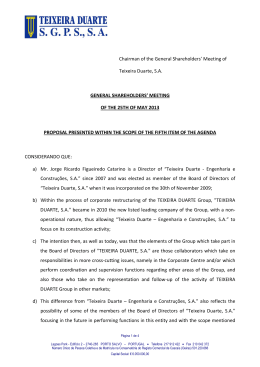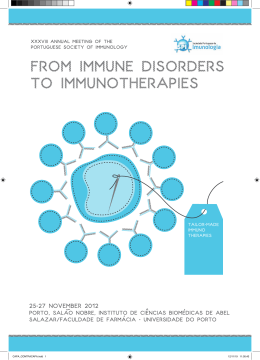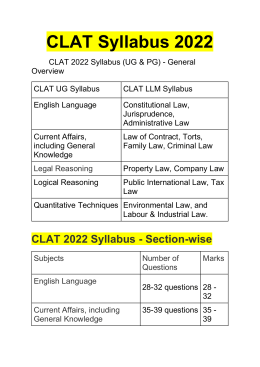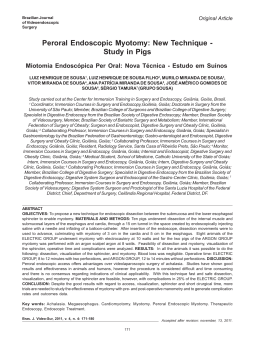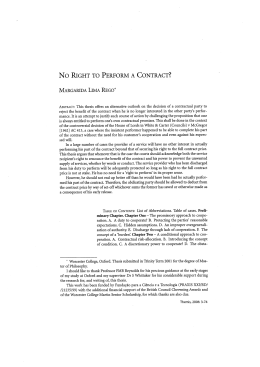Miguel Teixeira de Abreu LLM Miguel Castro Pereira Carmo Sousa Machado Miguel de Avillez Pereira LLM Manuel de Andrade Neves LLM Rui Peixoto Duarte Luís de Gouveia Fernandes João de Freitas e Costa Bernardo de Arrochela Alegria José Maria Corrêa de Sampaio Pedro Pais de Almeida Armando Martins Ferreira Guilherme Santos Silva José Eduardo Martins Duarte de Athayde Ana Sofia Batista LLM Sofia Santos Machado LLM Marta de Oliveira Pinto Trindade Paulo Cordeiro de Sousa Maria Dulce Soares Nuno Barbosa Leonor Chastre LLM Rita Maltez Rui Pereira de Melo Natália Garcia Alves Carlos de Almeida Lemos Fernando Veiga Gomes José Carlos Vasconcelos Patrícia Perestrelo Melanie Lima Ferreira Bruno Sampaio Santos Sofia Castro Caldeira Manuela Silva Marques Inês Sequeira Mendes Luís Fraústo Varona Simão de Sant'Ana Francisco Patrício Alexandra Nascimento Correia António Juzarte Rolo Pedro Carreira Albano Sandra Severino João Gonçalves de Assunção LLM Marta Romano de Castro Susana Molinillo Iñarra Patricia Viana Alexandra Courela LLM Cecília Anacoreta Correia António Pina André de Sousa Vieira LLM Sofia Mendes Martins Mafalda Teixeira de Abreu LLM Magda Sousa Gomes Matilde Brito Eugénio LLM Mariana Gouveia de Oliveira Madalena Moreira dos Santos Eleonora Henriques Tiago Corrêa do Amaral Guilherme Mata da Silva LLM Janine Gomes Mónica Cayolla da Veiga LLM Eduardo Peixoto Gomes Elisa Pereira Margarida Gonçalves Antunes Tiago Castanheira Marques Pedro Sousa Uva Cristiana Ferreira Sónia Afonso Vasques Leonor Monteiro Margarida Muñoz de Oliveira Leonardo Marques dos Santos Filipa Pinto Machado Hugo Teixeira Ricardo Martins Alves Joana Costa Nora Sofia Neves Taveira Manuel Maria Braga Monteiro André Pereira da Fonseca Paulo Anjo Ana Raquel Ribeiro Renata Silva Alves Paulo Amaral Basílio TRAINEE LAWYERS N’Zinga Teixeira Jasse Marina Andrade Vera Lopes David Salgado Areias José Varanda Mauro Leonardo Tiago Gama Filipe Portela do Vale Hermínio Branquinho de Almeida Marina Martins Silveira Pedro Santiago de Tânger Raquel Mendes Viegas Tiago Simão Mestre Célia Silva Ana Margarida Frazão André Pardal André Santos Rijo Berta Grilo Filipa Iglésias Joana Beja Baptista Juliana Ferraz Coutinho Madalena Bernardes Coelho Márcio Carreira Nobre Margarida Fernandes Garcia Margarida de Melo Cardoso Maria Cabral de Azevedo Sérgio Gonçalves Dinis Sofia Serra Isabel de Alcântara Guerreiro Rui Rompante Tiago Moreira da Silva PARALEGAL Rui Gonçalves Nuno Rodrigo Esperança Vera Correia Saraiva COUNSELS Artur Reis e Sousa João Veiga Gomes José Henriques da Silva Luís Freire de Andrade Paulo Teixeira Pinto Bruno Cortes Lopes Law nr.16/2008- Amendments to the Industrial Property Code Directive 2004/48/CE, of April 29, 2004, required the adoption by Member States of civil and administrative measures and proceedings for the protection and enforcement of intellectual property rights (IP rights). The main purpose of this Enforcement Directive was the harmonisation of the internal legislation of the Member States on the infringement of IP rights. Such harmonisation is actually necessary to avoid discrepancies between Member States that would be used by pirates and counterfeiters to take advantage of those local jurisdictions where protection of IP rights is less efficient and applicable penalties are not sufficiently dissuasive. The Enforcement Directive was finally implemented in Portugal through law nr.16/2008 dated April 1, 2008. In fact, the term for the Member States to implement the said Directive had lapsed April 29, 2006. To comply with the Enforcement Directive, law nr. 16/2008 has substantially amended our Copyrights Code (“Código do Direito de Autor e dos Direitos Conexos”) and our Industrial Property Code (“Código da Propriedade Industrial”). In what concerns the Industrial Property Code, the main amendments determined by the Enforcement Directive may be summarised as follows: A) Preliminary proceedings I. Articles 339 and 340 of said Code (which contained provisions on injunctions and preliminary proceedings) were completely abolished and replaced by a new set of more specific and adequate measures, to take action against infringers of IP rights: new articles 338-A to 338-P. II. Abreu & Associados LISBOA Sociedade de Advogados, RL Av. das Forças Armadas, 125 12º [email protected] Tel. +351 21 723 18 00 www.abreuadvogados.com Fax. +351 21 723 18 99 1600-079 Lisboa Portugal LISBOA PORTO MADEIRA ANGOLA (IN ASSOCIATION) LISBOA | PORTO First of all, new articles 338-C and 338-D establish protective measures to obtain and to preserve the necessary evidence, such as, in case of infringements at a “ commercial level”, the disclosure of bankary, financial, accountancy or commercial documents owned or controlled by the alleged infringer or any third party. In certain cases, the collection of samples and the apprehension of goods, materials and tools are also provided. III. Liability for any losses and damages resulting from unjustified measures relies on the respective applicants, who may be requested to produce an adequate guaranty or bond (“Caução”) to secure the payment of the respective indemnification (article 338-G). IV. Article 338-H stipulates that the alleged infringer or any third party, in general, are bound to supply information on the sources and distribution channels related to the goods or services infringing IP rights. V. Articles 338-I and 338-J introduce provisions on injunctions (“providências cautelares” and “arresto”), namely: To prevent or to prohibit the alleged infringement; To secure the indemnification of damages (seizure of immovable and movable assets, including bank accounts, when the infringement attains a “commercial level”); To seize counterfeited goods or instruments and tools. 0401.008/AKL/1057814v1 21.07.08 Page 2 of 4 B) Main actions (indemnifications) and final decisions I. As to the amount of the indemnifications eventually claimed, important standards are established in article 338-L: a) Damages (including moral damages) and loss of profits should be assessed, as well as any costs related to the protection of rights, including investigation costs; b) The amount of profit and the amount of the income originated by the infringement are also to be considered. c) If the total amount of damages is not fixed through the application of the above referred criteria, the Court, subject to tacit or express agreement from the applicant, may alternatively fix a lump sum, as an equitable indemnification, the minimum of which would correspond to the value of the remuneration (“royalties” for instance) to be paid by the infringer in case he would have entered into a license agreement with the IP rights owner (the applicant), plus additional costs. d) Although proper punitive damages are not applicable, the Court is allowed to aggregate part or all the above referred standards to indemnify the petitioner in case of especially serious and grave infringement of IP rights, including recurrence of offences (nr.6 of article 338-L); e) In any case, a sum sufficient to cover the whole expenditure with the investigation and suspension of infringing activities must be specifically included in the overall amount of the indemnification. II. Final Court decisions, which may be published, may also provide measures on the withdrawal and destruction of goods, equipment and tools related to the infringement (articles 338-M and 338-O); 0401.008/AKL/1057814v1 21.07.08 Page 3 of 4 III. To prevent the continuation of the unlawful activities, the Court may also finally decide: To temporarily suspend the exercise of certain activities To ban the infringer from fairs and markets in general; To close down the infringer’s industrial or commercial premises; To apply an “astreinte” (compulsory fine) until the infringer actually terminates the unlawful activity taking place, as ordered by the Court (article 338-N). 0401.008/AKL/1057814v1 21.07.08 Page 4 of 4
Download
